
Zachary Grinspan, MD, MS, a pediatric epilepsy specialist at Weill Cornell Medicine, in New York City, spoke about the analysis of large amounts of data on pediatric epilepsy at the 2022 American Epilepsy Society Annual Meeting.

Zachary Grinspan, MD, MS, a pediatric epilepsy specialist at Weill Cornell Medicine, in New York City, spoke about the analysis of large amounts of data on pediatric epilepsy at the 2022 American Epilepsy Society Annual Meeting.
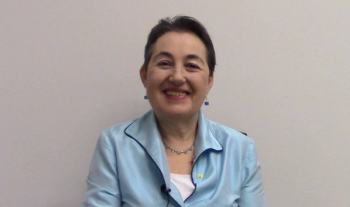
The professor of neurology at NYU Grossman School of Medicine and chief medical officer of the Epilepsy Foundation discussed the critical need to ensure the proper classification of seizures when enrolling patients in clinical trials. [WATCH TIME: 4 minutes]
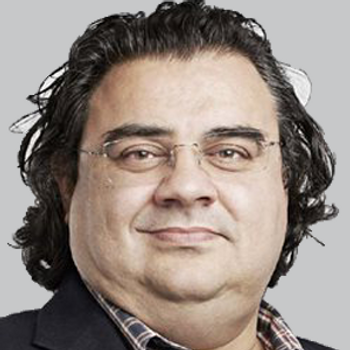
Over a 12-week treatment period, investigators found no significant differences in mean Cohen Mansfield Agitation Inventory scores between mirtazapine and placebo, with similar rates in adverse events.
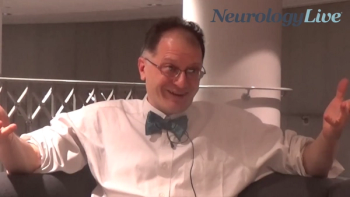
The senior research scientist at the Institute for Systems Biology spoke about changing the perception of clinical trials for Alzheimer disease research based on the COCOA trial presented at the 2022 CTAD conference. [WATCH TIME: 2 minutes]

Take 5 minutes to catch up on NeurologyLive®'s highlights from the week ending December 2, 2022.

Across 3 trials in patients with Alzheimer disease agitation, brexpiprazole doses of 2 or 3 mg/day was safe and showed a statistically significant improvement vs placebo in agitation.
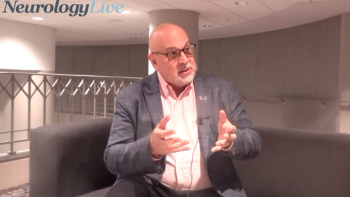
The director of the Comprehensive Center for Brain Health at the University of Miami Miller School of Medicine discussed the treatment differences and unmet needs between dementia with Lewy bodies and Alzheimer disease. [WATCH TIME: 4 minutes]

Mind Moments®, a podcast from NeurologyLive®, brings you an exclusive interview with Jay Alberts, PhD. [LISTEN TIME: 27 minutes]

The senior research scientist at the Institute for Systems Biology spoke about his presentation on multimodal clinical and lifestyle interventions that improve cognitive outcomes at the 2022 CTAD conference. [WATCH TIME: 4 minutes]

Over a 12-week treatment period, irsenontrine was well tolerated across both amyloid positive and negative patients, with no significant difference in pharmacodynamic responses or change in central nervous system biomarkers.

The president and CEO, as well as the executive vice president and chief research officer, of MDA, together offered an in-depth overview of what to expect from the 2023 MDA Conference, which will be held from March 19-22, 2023, in Dallas, Texas. [WATCH TIME: 12 minutes]

The senior physician and head of the Multiple Sclerosis Centre at University Hospital Basel spoke about his partnership with Octave and their work assessing and validating biomarkers for use in multiple sclerosis. [WATCH TIME: 4 minutes]

Results from a longitudinal study suggest that higher proportions of subjective memory decline are associated with insomnia disorder in middle-aged and older adults.

Over a 6-month period, percent change and mean change in brain amyloid levels significantly favored donanemab over aducanumab (Aduhelm; Biogen).

An ongoing phase 1b/2a clinical trial showed that both the ACI-35.030 and JACI-35.054 vaccines are safe as a treatment for patients in the earlier stages of Alzheimer disease, the authors suggested ACI-35.030 suggested as the superior vaccine candidate.

The neuropsychologist at Rutgers University spoke about her recently awarded NIH grant to study the impact of health and lifestyle behaviors in individuals with MS. [WATCH TIME: 3 minutes]

The PDUFA date for SRP-9001, developed in partnership between Sarepta and Roche, is set for May 29, 2023. The BLA was submitted for accelerated approval.
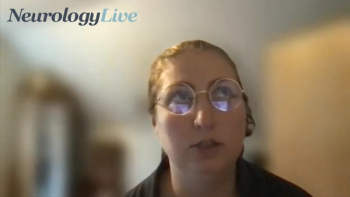
The assistant professor, Rutgers University, New Brunswick, New Jersey, offers an overview on her ongoing lab project about a music-based intervention to improve insomnia in dementia and caregivers. [WATCH TIME: 3 minutes]

The associate professor of neurology at the Cleveland Clinic Lerner College of Medicine provided background on incorporation of real-world methods to optimize treatment selection for multiple sclerosis.

In the pivotal phase 3 Clarity AD trial, lecanemab (Biogen) demonstrated significant impacts on primary and secondary end points, with additional promising results on biomarker analyses and safety.

The postdoctoral researcher and health psychologist at King's College London spoke at ECTRIMS 2022 about the digital approach to treating fatigue in multiple sclerosis and the lack of available measurements. [WATCH TIME: 3 minutes]

In a post-hoc analysis of the ADVANCE trial, atogepant 30 and 60 mg produced significant improvements in outcomes on Migraine-Specific Quality of Life Questionnaire and Activity Impairment in Migraine-Diary domains.

Michelle Chen, PhD, neuropsychologist at Rutgers University, spoke about her current research grant on the longitudinal impact of health and lifestyle behaviors on cognition with MS.

The division chief of stroke and vascular neurology at Duke Health provided perspective on the multidisciplinary team needed to treat neuromuscular poststroke symptoms, as well as exciting innovations on the horizon. [WATCH TIME: 4 minutes]

Treatment with the investigational agent resulted in improvements in Alzheimer disease agitation, as well as significant delays in time to relapse and prevention of relapse.
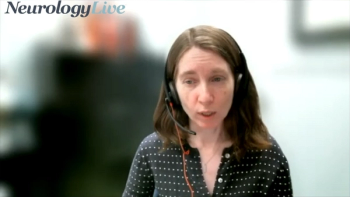
The professor of medicine at the University of Manitoba provided insight on a recently published paper which challenges the way multiple sclerosis is categorized and treated. [WATCH TIME: 5 minutes]

The relative risk of epilepsy or seizures after COVID-19 infection, compared with influenza infection, was more marked amongst children and non-hospitalized individuals over the 6-month time horizon.
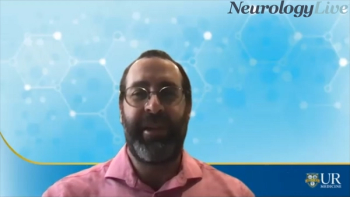
The president of the International Neuropalliative Care Society detailed potential disease states that could benefit from neuropalliative care as well as the importance of the patient community in expanding this type of approach. [WATCH TIME: 4 minutes]

Here's some of what is coming soon to NeurologyLive® this week.

Experts in neurology discuss changes in cognitive health and the role that sphingosine-1-phospate receptor modulators and disease-modifying therapies play in MS management.